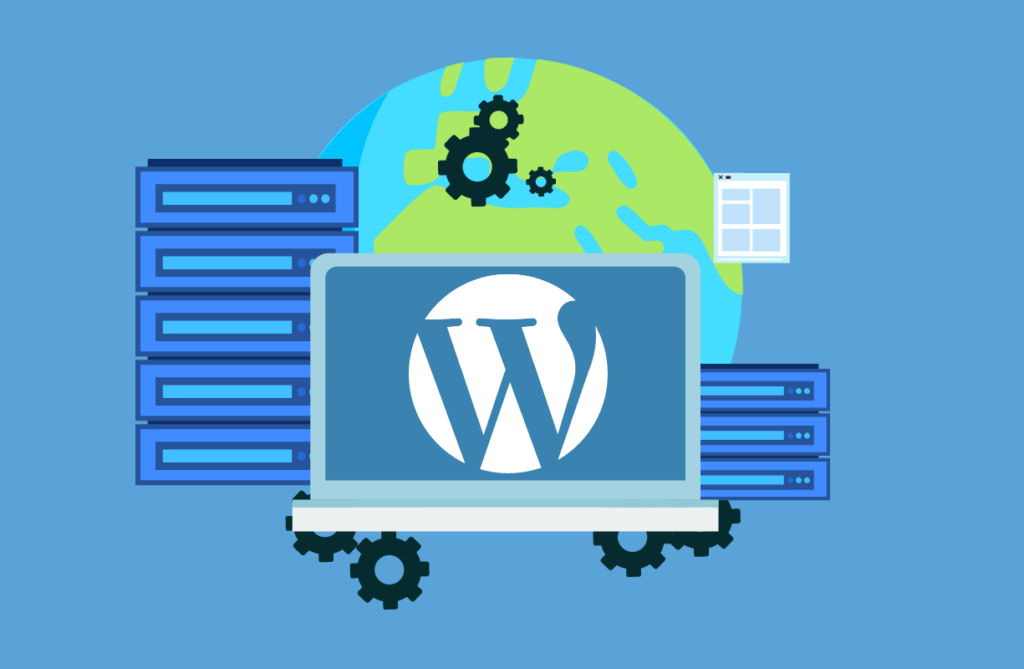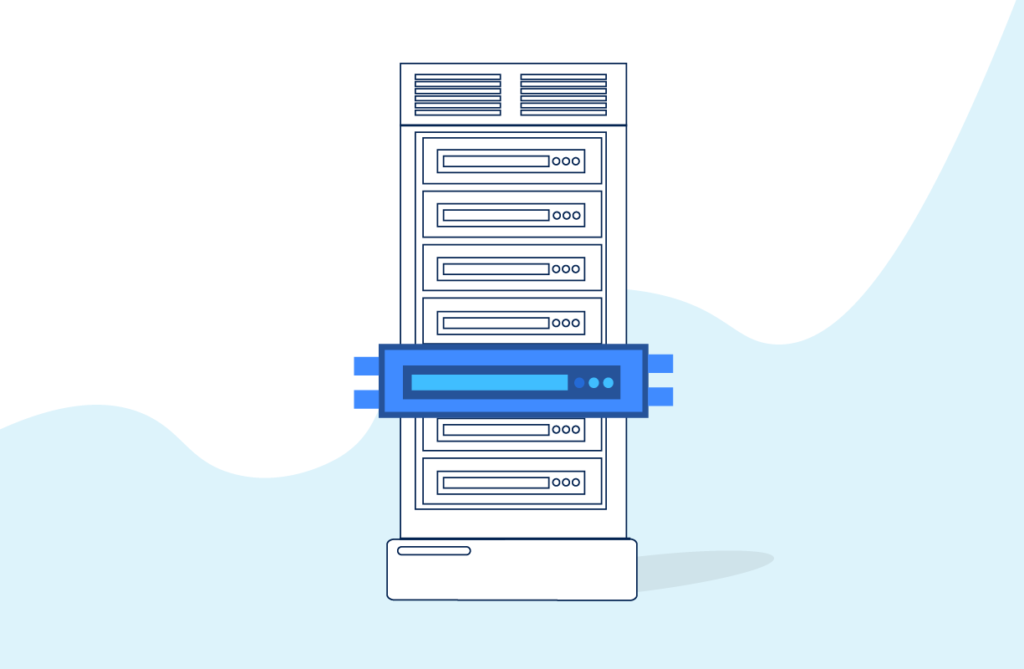A website must be placed on a server to be found online. Placing a website on a server means connecting to a web hosting provider who can make this happen. This article can be of interest to those who are considering shared hosting vs WordPress hosting and still can’t decide. We’ll look at what each option is, highlight the pros and cons of shared vs WordPress hosting and come up with a final verdict in no time.
What is shared hosting?
Shared hosting represents one server that can host hundreds sometimes thousands of websites. Those websites share resources such as memory, storage space, and bandwidth. Businesses who are just starting or smaller websites can highly benefit from choosing a shared hosting plan.
Advantages and disadvantages of shared hosting
Shared hosting has its benefits and downsides. Let’s look at the benefits first.
Cost-sharing
Shared hosting is the cheapest option available out there. It may cost a user not more than 10 dollars per month. Since the provider offers the service to many users, they can split the cost.
Maintenance
Professional web hosts have the technical know-how to maintain the server. The user doesn’t have to lift a finger to make sure the server their website resides on is running smoothly. Fixing and updating the server is the provider’s responsibility as well.
User-friendly
If the user settles on shared hosting, they can enjoy easy website management brought by the cPanel or any other user-friendly tool.
Now that the advantages have been laid out, let’s talk about the disadvantages shared hosting has.
Lack of performance
Performance of other sites can suffer if one of the websites experiences an increase in traffic. This means that other sites may load badly which may ultimately drive the traffic away to other websites that don’t have this problem. Also, if a hacker attacks one site, the other sites may also be threatened.
Limitations on installed software
Shared hosting providers set some limitations on what software users can install on the server. If the user wants to install something beyond the suggested list, it will be close to impossible.
No root access
With root access, the user can have full control of the server. Root access lets users install third-party applications, host multiple sites, and much more. However, hardly any provider offers root access with a shared hosting plan because the architecture thereof doesn’t allow it.
Security concerns
Security may be a problem for shared hosting. Since there are many users who reside on one server, this server is susceptible to hacking attacks. The whole network of websites hosted on this server can suffer the consequences of malicious activity.
As opposed to shared hosting, there’s WordPress hosting that bears some differences, so let’s discuss those more in-depth.
WordPress hosting: what is it?
WordPress (WP) hosting is the hosting designed and optimized to host websites built with the popular WordPress content management system (CMS). WordPress hosting consists of specific features and optimizations including updates, security-specific rules, and automatic updates to better meet WordPress performance.

Now that we know what WP hosting is, let’s look at its advantages and disadvantages. To be more precise, we will look at the managed WP hosting and what benefits it offers.
Advantages and disadvantages of WordPress hosting
The demand for WordPress hosting has grown which made this type of hosting common and more or less affordable. It comes with several pros and cons. First, we’ll look at the pros.
Automatically managed updates
Automatic updates touch the operating system, databases, PHP, and WordPress itself. The user does not need to update anything themselves as it is done automatically. These updates ensure the users run the latest WP version and software.
Automatic and manual backups
Backups are crucial to any website. With this in mind, WP hosting plans have allowed users to restore to those backups whenever there’s a need. Usually, restoring involves one click of a button to allow a website to return online within seconds.
WP tech support
With managed WP, there’s a team of well-trained tech experts that can address any issues that come up. The main advantage is that they are specially trained to work with
WordPress.
Staging environment
If the user wants to try and make some changes to their website, they have this possibility. They can make a copy of the website and apply any changes in the staging environment.
Dashboard
There is always a custom dashboard to make managing WordPress sites easier. A dashboard can offer the user a set of useful management features like managing plugins and looking through available updates.
Better caching
To provide the highest speeds, the server is optimized in a way to ensure advanced caching. With good caching, a website doesn’t only experience high speeds but also ranks higher in the search results.
Better security
By default, managed WP hosting plans offer standard security services that can give the user peace of mind. Such things as DDoS attacks and any other cyber attacks should never be a problem since there are daily security scans and monitoring for malicious actions. Even if some issue arises, the user will receive assistance and the problem will be solved much faster.
WordPress hosting isn’t all that perfect and there are downsides to it laid out below.
WordPress-specific
WP hosting was designed for running WordPress applications alone which ensures better performance, reliability, and security. The user can’t host a different site built with another tool.
Limited plugins
Hosting companies don’t allow users to install some specific free WordPress plugins simply because the providers provide better service themselves. This service happens to be much better than that offered by the plugin.
Increased costs
Managed WP hosting comes at a price. One needs to be ready to pay an extra buck for the enhanced service.
Having highlighted what is shared hosting and WP hosting, we offer some guidelines to help the user choose the most suitable option.

Shared hosting vs WordPress: How to choose
To decide which type of hosting to choose, we recommend the following chart to guide the user into the right choice.
| Choose shared hosting if: | Choose WP hosting service if: |
| – there’s a different content management system used such as Joomla, Drupal, Magento and many more or if the site is custom developed; – the budget is small indeed; – you’re just starting and want to grow into something bigger in the long run. | – the website is built on WordPress; – the website is medium-sized or if it’s an online store; – the server maintenance and security is not something you want to deal with. |
We hope this article helped you better understand and see the difference between the two hosting types. If you are looking for a reliable hosting company to partner with, choose HostPro. We’ll host your website with the most care and diligence!